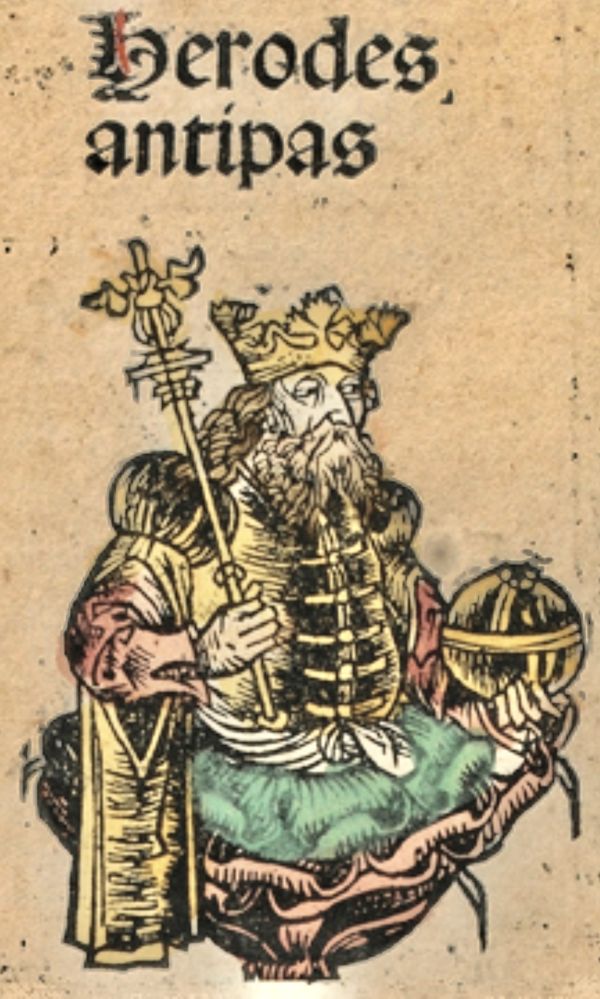In the riddle, the solution
(Lk 9:7-9)
Jesus, who is he? You can’t give an answer except in the light of his story and his condemnation: nothing to do with one of the spiritualists or miracle-makers who arouses curiosity, as Herod expected.
The contrast between the extraordinary figure expected and the obtuseness of (elusive) judgment ends up leaving things as they are. Worse: it encloses the Mystery and loses its "where" today.
One does not understand the Person of Christ starting from the things we know.
He intends to wipe out all attractive but false idols; however, he doesn’t like the axe of the Baptizer, nor the violent zeal of Elijah.
The new Rabbi wants to value the intuition of consciences, rather than the duties or the desire to analyze behaviors. This is the incredible.
Jesus is not some sort of ‘ghost’ that emerges from the past.
He turns history to completion according to innate and spontaneous impulses, which will let emerge the simple personal and the obvious unheard of.
Each religious group closed the Messiah in its interpretative model, consonant with an environment veined with ancient hopes: defense of goods and customs, "cultural" identity, well-being at the expense of others, expansion, wonders.
The sons’ revolution poses a theme that seeks the authentic Way, near and Elsewhere. The humanity of God.
In short, questioning the Person of Jesus already means beginning to overcome conformist codes and small habitual interpretations; to embrace the irruption of the Eternal.
It’s the very question about the Person dimension that invites us to broaden the horizon and begin an Exodus. It will guide to authentic understanding, and measure; to the reason why we are in the world.
Christ reverses the destiny of the man’s kingdom, and his claims.
Any external combination with even eminent figures of the gallery of the greats of history remains static, partial, too predictable.
Not infrequently deviant, due to the inevitable brain limitations it provides, caging the soul [and immobilizing life].
On the Way, the growth of knowledge of his story, adherence to his depth, and Action of the Spirit, will not allow to persist in fixed thoughts, attachments, commonplaces.
Interpretations, preconceptions or showcases that then permeate all of life and dampen it, depriving it of intoxication.
Completely personal Presence, new Sense, innate Wisdom of ‘nature’; not a specific particularism that does not offer regenerated life - that winks only at itself.
Jesus: he is the Engine, the Way and the Reason for the Journey in the Spirit that is leading us.
His Person in us finds in us a “point” within from which he pours forth the courage to be ourselves, and to no longer seek external approval.
This frees the soul from common or prodigious expectations; from the regrets of conformity. To make us advance from primordial states and beliefs to new Dreams of the being that corresponds and tinkles, that emerges and wants to express itself - humanizing.
To internalize and live the message:
When did you realize that in the enigma about the Person of Christ there is already a cut with the obvious expectation, and a cue - the energy of the solution?
[Thursday 25th wk. in O.T. September 25, 2025]












